BURKINA FASO
In the more than 15 years Salomon Tibiri has been offering spiritual succor as a military pastor in Burkina Faso, he’s never fielded so many calls from anxious soldiers and their relatives as in recent years, when the army found itself under attack by Islamic extremist fighters.
“Before the crisis there was more stability,” Tibiri said, seated in a military camp church in the city of Kaya, in the hard-hit Center-North region. “Now (the soldiers) are busier, and when you approach them you feel their stress — much more stress.”
Once considered a beacon of peace and religious coexistence in the region, the West African nation has been embroiled in unprecedented violence linked to al-Qaida and the Islamic State since 2016, throwing an ill-equipped and undertrained army into disarray — and overwhelming the chaplains tasked with supporting them.
In interviews in the Center-North and in Ouagadougou, the capital, military chaplains told The Associated Press that they are stretched thin by the unprecedented conflict and what assistance they are able to provide through phone calls and prayer services is insufficient.
Just seven chaplains, hailing from Protestant, Catholic and Muslim faiths, are charged with spiritually advising some 11,000 soldiers and helping maintain their morale. The army has not devoted what little resources it has for them to embed with units, and they say the distance only makes it harder to keep soldiers motivated.
The troops “face death every day. … At this moment they also need to have much more spiritual help,” said Noel Henri Zongo, a chaplain and Catholic priest.
It’s crucial work as experts say the psychological effects of conflict like what’s occurring in Burkina Faso can be particularly tough on soldiers who are experiencing it in their country for the first time. It can put them at greater risk for post-traumatic stress disorder and also increase the likelihood of them acting in ways contrary to their moral values.
Last year 524 civilians were killed by soldiers and local defense militias fighting alongside them, according to the Armed Conflict Location & Event Data Project, more than the 432 killed by the extremists. At least 180 bodies were found in mass graves near the government-controlled town of Djibo, with evidence of army involvement in large-scale executions according to Human Rights Watch.
Etienne Bonkoungou, another of the chaplains, said he regularly counsels troops grappling with the question of whether their participation in the fight makes them defenders or killers.
“The Bible says not to kill, so as a soldier these questions often arise,” Bonkoungou said. “To kill another, to watch a colleague die (or kill someone yourself), should you kill? Should you not kill?”
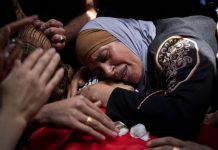
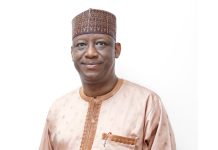
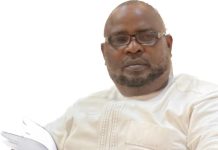
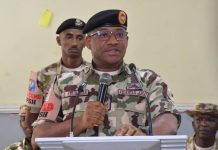


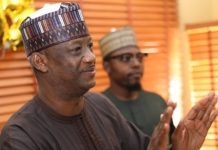


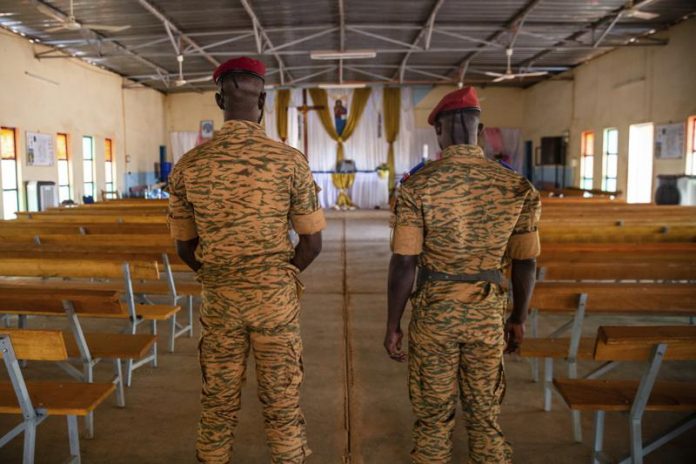











![2018 Sports Review: Winners, losers and questions facing African football 2018 Sports Review [1]: Winners, losers and questions facing African football](http://skynewsafrica.net/wp-content/uploads/2018/12/caf1-100x70.jpg)
![Watch: The harrowing moment a taxi flies into pedestrians in Ballito SA [video]](http://skynewsafrica.net/wp-content/uploads/2018/12/acci2-100x70.png)

